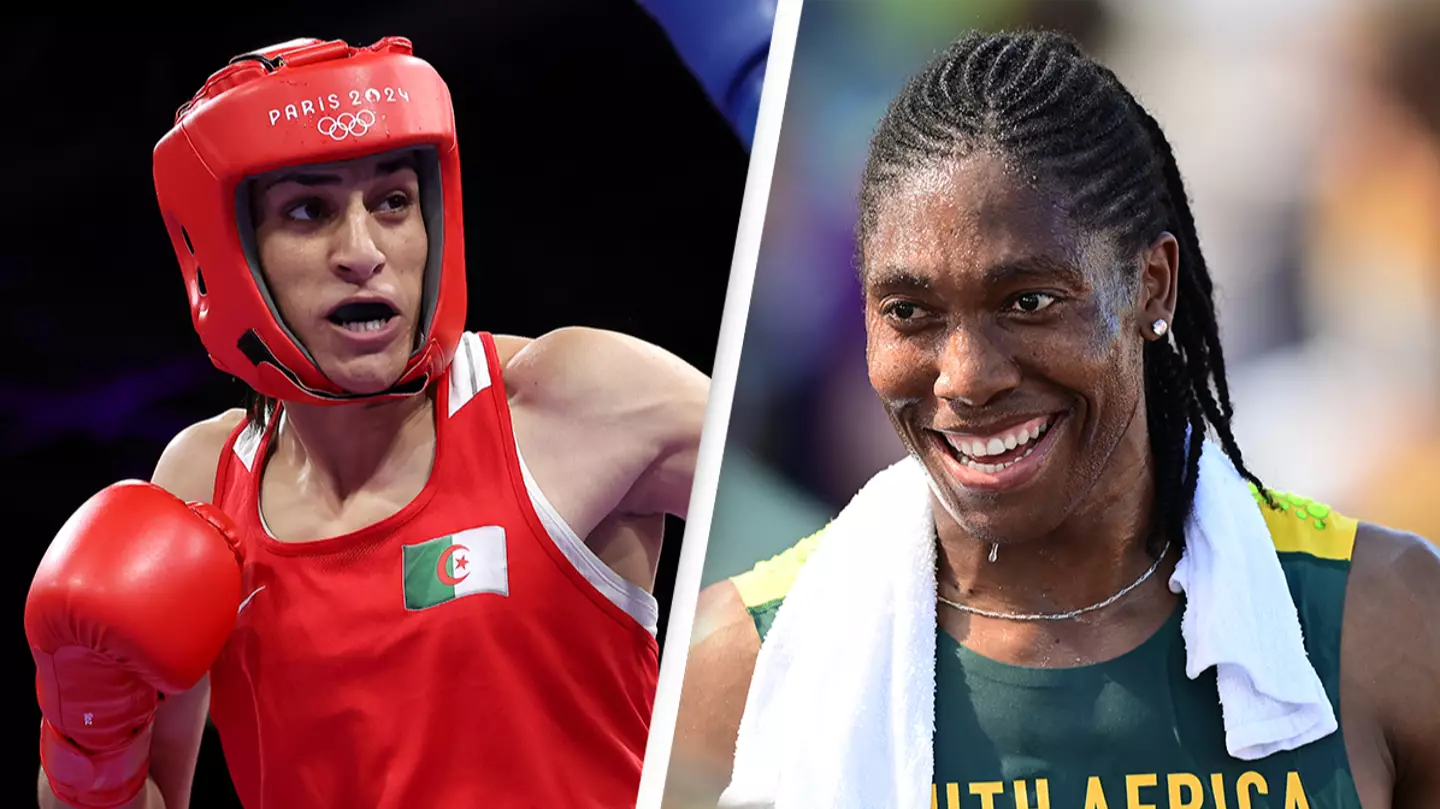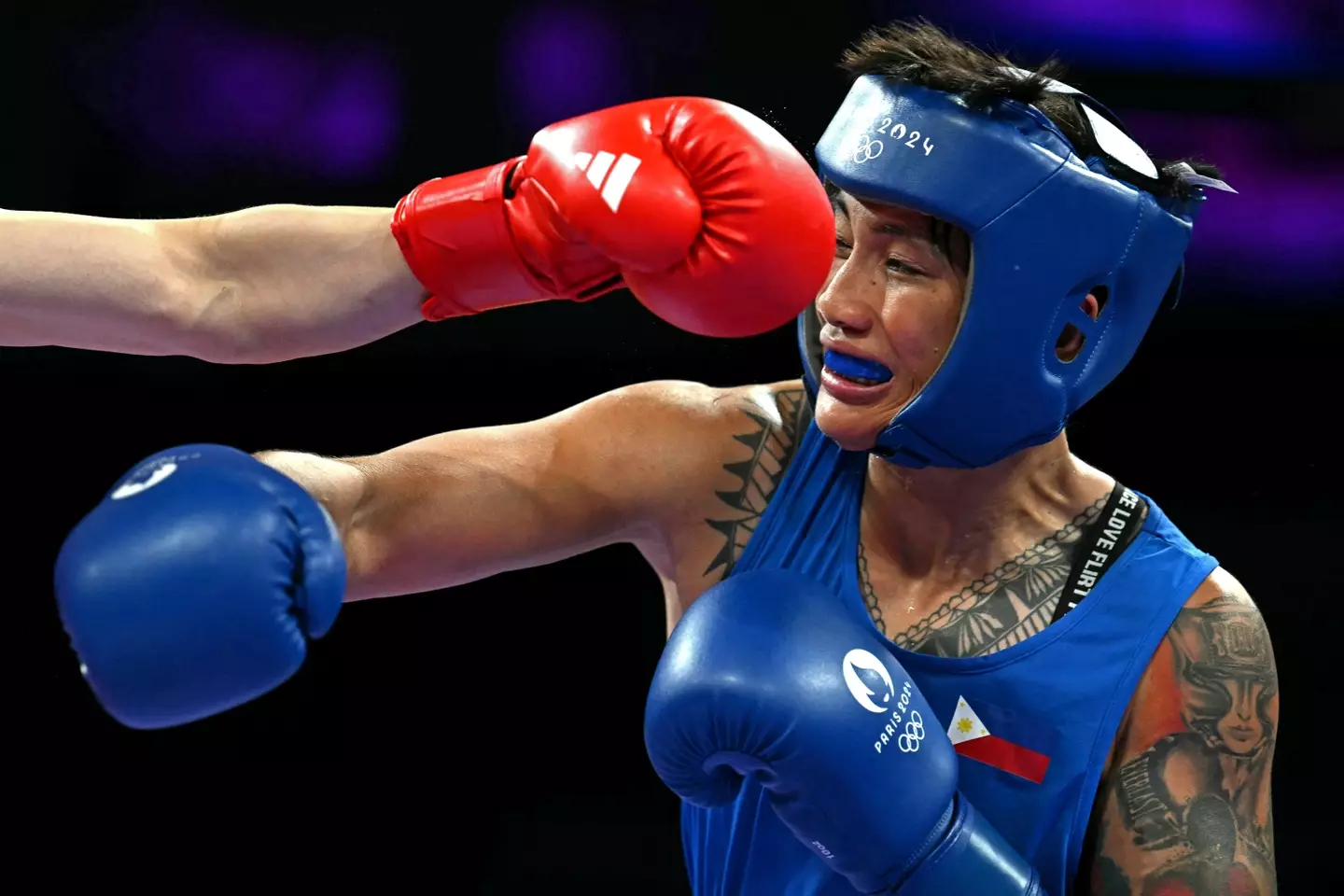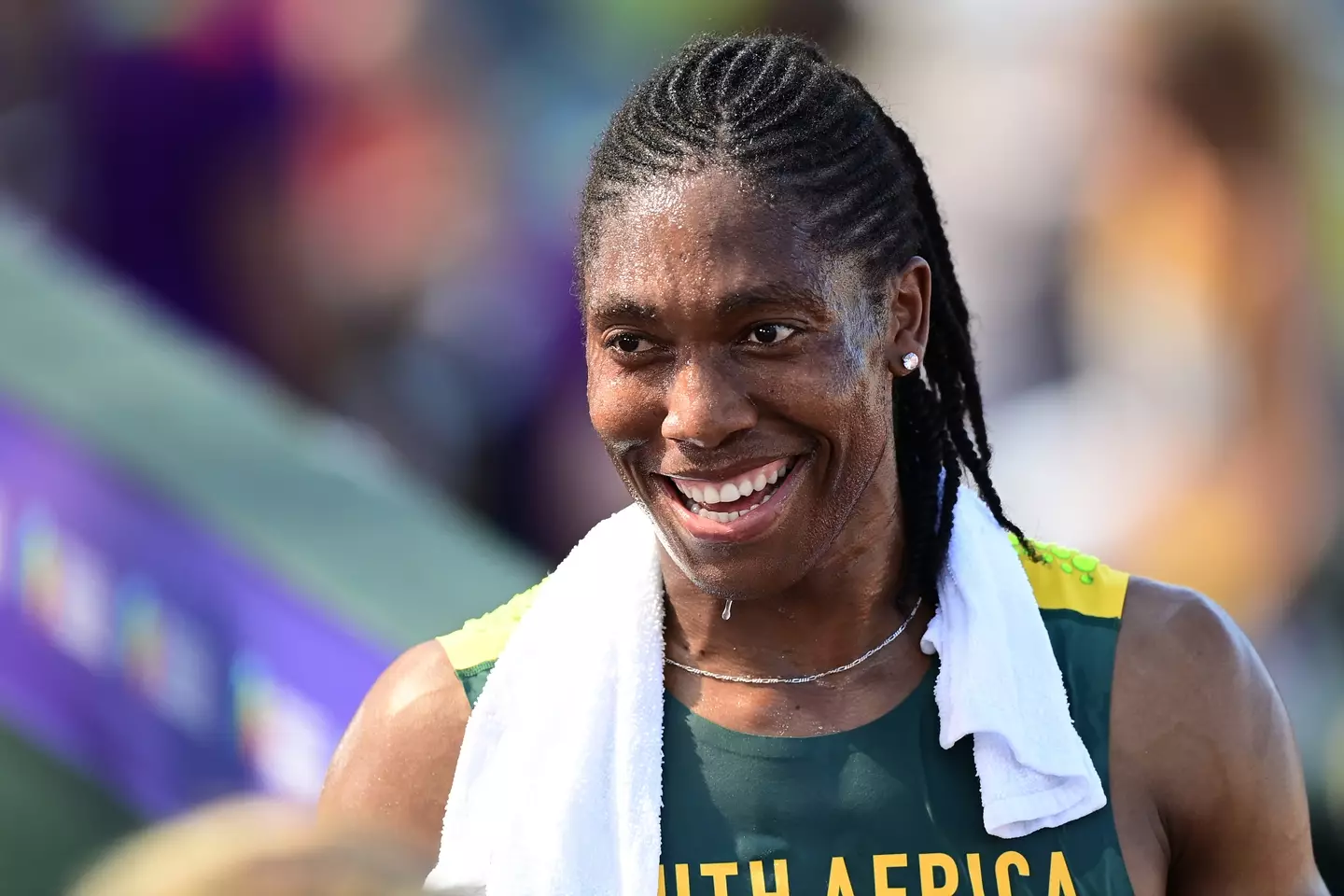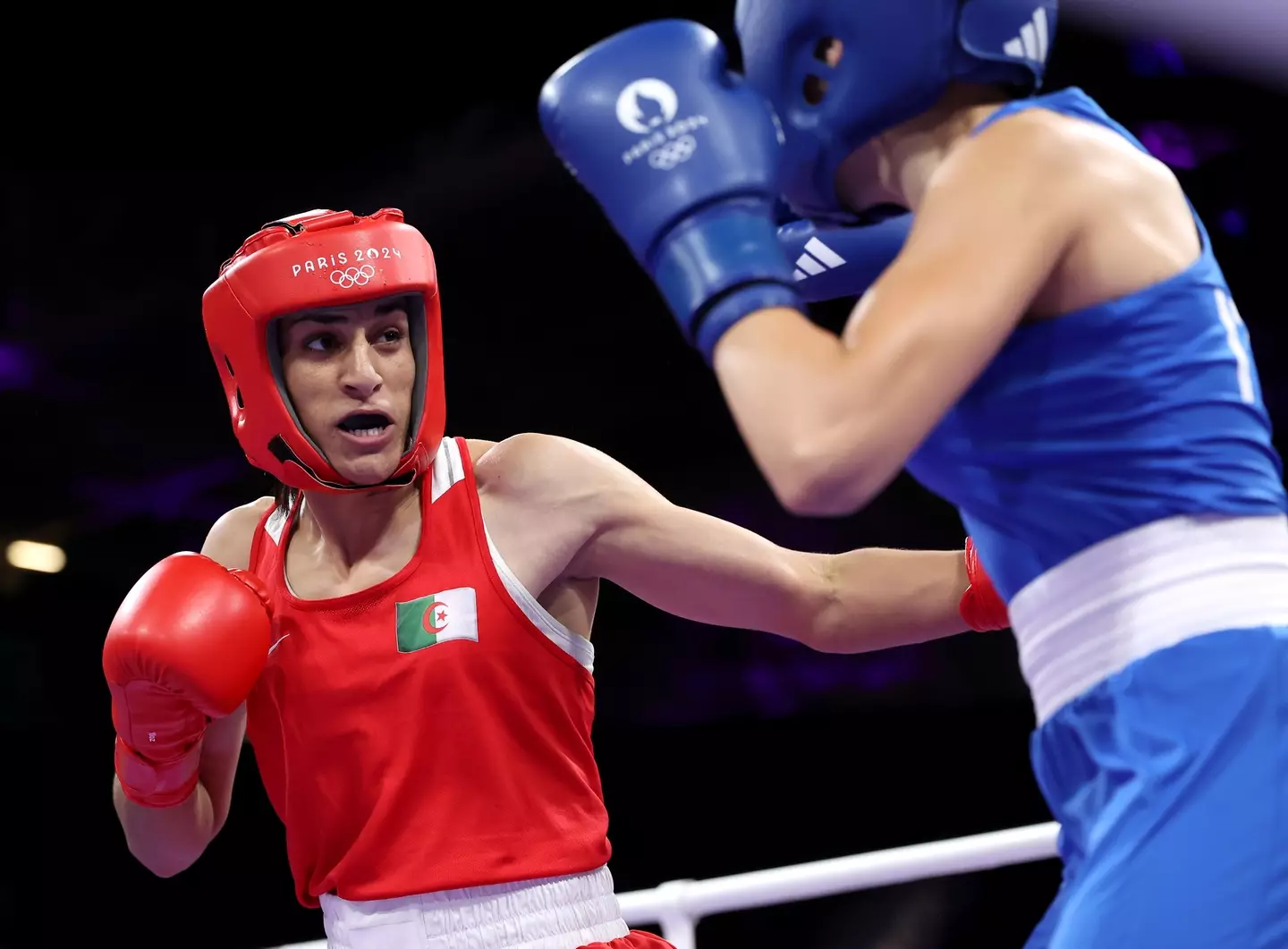
Topics: Olympics, Transgender, LGBTQ, World News

Topics: Olympics, Transgender, LGBTQ, World News
Over the past few years, the International Olympic Committee has vastly changed its rules regarding the participation of transgender athletes and those with differences of sexual development (DSD).
Rather than having a prefixed set of rules that apply to all sports, the IOC has ten guiding principles on gender inclusion and permits each sporting authority to independently make its own choices on how to implement them.
This means that each sport can decide what its regulations are in regards to transgender athletes or those with DSD, so long as they adhere to the principles set by the ten guidelines as they are 'grounded on the respect for internationally recognised human rights'.
Advert
The committee said at the time the principles were implemented: "This Framework recognises both the need to ensure that everyone, irrespective of their gender identity or sex variations, can practise sport in a safe, harassment-free environment that recognises and respects their needs and identities."
For the Paris 2024 Olympics, the general guideline regarding transgender women sees that they must have completed their transition before the age of 12 to be eligible to compete in the women's categories.
The intention behind the ruling is to omit any possible unfair advantage that might arise from having undergone male puberty.
But, since the IOC allows each sport to set its own policies, multiple sporting bodies have changed their rulings regarding transgender women, some stricter than others.

Sports like athletics, cycling, swimming, rugby, rowing, and boxing for example have restricted the participation of transgender athletes with each having their own criteria on matters like testosterone levels.
However, the situation is a little bit more complicated and has greatly evolved for those with DSD.
People with DSD have differences in their genes, reproductive organs, and hormones that, according to the NHS, means their 'sex development is different to most other people's.' It typically is something that they've had since birth.
In March 2023, the World Athletics Council issued a new ruling for athletes with DSD, that saw a reduction in the amount of testosterone that's permitted in their blood — and consequently — whether or not they're eligible to compete in women's categories.

According to the ruling, athletes with DSD need to have a blood testosterone level that's below 2.5 nanomoles per liter. The previous limit was 5.
In regards to the Olympics, the IOC had a previous guideline in 2015 that put a limit on athletes' testosterone levels and required some of them to undergo treatments like taking testosterone-lowering medications, to be able to compete.
The IOC has since forgone these rulings, calling them 'medically unnecessary' and reiterating that athletes should never feel pressured to undergo such treatments to meet eligibility criteria.

Caster Semenya, a two-time women's 800-meter Olympic champion, perhaps had the most publicized subjection to previous rulings on testosterone levels.
In 2019, new regulations implemented by the World Athletics council, restricted female athletes with elevated levels of testosterone from competing in races 400 meters or longer.
When advised to take testosterone-lowering medication to compete, Semenya refused citing that she believed they would harm her health.
She appealed her case but was never permitted to compete in an Olympics 800-meter event again.

The Olympics' evolving rulings on transgender athletes and those with DSD have been widely discussed as of late following a controversial boxing match between Italian athlete Angela Carini and Algerian athlete Imane Khalif at the Paris Olympics.
Carini quit the match after 46 seconds, sparking immense discourse over her opponent who had previously failed a gender eligibility test at the World Boxing Championships in New Delhi.